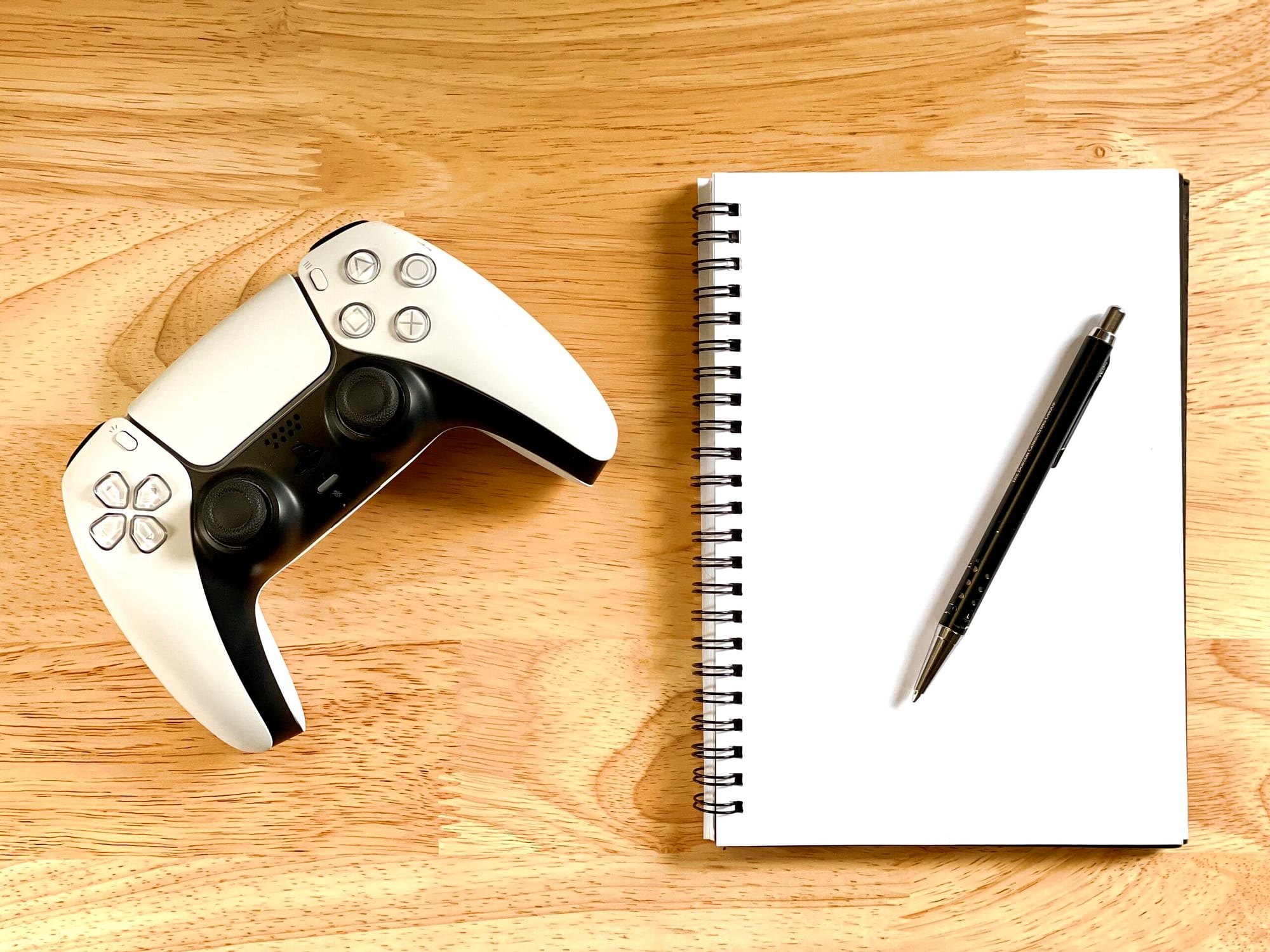I never thought I’d say this, but I think I’m a gamer.
I didn’t grow up with video games. My parents didn’t like them, and I was too wrapped up in my books to care. It never mattered to me until I married a gamer. He’s so passionate about it that I started to get curious about the whole business.
There was just one problem: I sucked at it. It wasn’t just that I had zero practice with that kind of strategy, coordination, and timing. It was that the repeated “failure” drove me crazy.
Every time I got to a challenging point in a game, I would get frustrated almost immediately. Each defeat ramped up my heart rate until I felt like I couldn’t think or breathe. I wanted to throw down the controller and walk away.
One day, my husband stopped me.
“Walking away won’t help you learn what to do.”
“I don’t seem to be learning anything anyway,” I whined. “I’m not getting any better.”
“That’s because you’re not paying attention,” he explained. “Stop trying to win every time and just watch what’s happening. Look for the patterns. Figure out how to respond to each one. Once you know that, winning is easy.”
Woah.
He was right. I wasn’t getting better because I kept aiming for perfection right out of the gate. Every time I fell short, it hurt, because I thought I should have gotten it right.
People do this all the time with writing. They sit down with a blank page and expect something beautiful and earth-shattering to come out the first time. Then they look at what they’ve written, decide it’s garbage, and feel like a failure.
When you approach writing this way, there’s always a huge chasm between what you’re creating and what you want to create, and nothing to bridge the gap.
That’s why so many of the authors I work with get stuck in the revision process. Getting a first draft on the page is hard enough, but if you read it and decide it’s worthless…well, that shit hurts. And if you can’t clearly see the steps to get from crappy first draft to publishable work of art, you feel paralyzed.
This is where you have to stop trying to win. Stop telling yourself you need to produce a finished product each time you sit down to write or revise. You don’t.
All you need to do is figure out what’s going on.
I like to start with what’s working. Which words, sentences, paragraphs, or ideas do you actually like? This is the stuff you want to preserve in the next draft.
I start here because in most cases, the majority of the text is actually worth keeping, which is hugely encouraging by itself. See? You’re not a hopeless word clown!
Next, pick out one thing that’s not working. Not all the things—that’s what gives you heart palpitations and tunnel vision. Focus on one thing at a time.
I like to look at big picture stuff first. Is the main point of the piece clear? Is the train of thought easy to follow? Are all the important ideas there, and is there anything that doesn’t belong? Fix those problems first, and you’ll see that dark chasm get a lot narrower.
By that point, you’re pretty damn close to victory. Just a few more kinks to work out—small-scale stuff like sentence structure and word choice. These are the details that make a piece feel polished as well as coherent.
I’m not gonna lie—figuring out what’s going on in your writing takes effort. But here’s the amazing thing: it gets easier.
That’s exactly what happened when I followed my husband’s video game coaching. The first time, it took dozens and dozens of tries before I figured out how to beat the enemy. The next one took a while, too.
But with each new fight, I felt a little calmer, a little more confident. After a while, I started looking forward to the challenge of figuring out the game. I applied what I learned from previous fights to master the new ones faster.
That doesn’t mean I always win quickly. In a tough fight, I still might die 20 times before I get it…but that doesn’t hurt anymore. It’s part of the fun.
That’s the point, really. When you take the time to figure out your writing—to understand your own tendencies and patterns—mastering it gets easier. And even when the process isn’t quick…well, it’s part of the fun.


